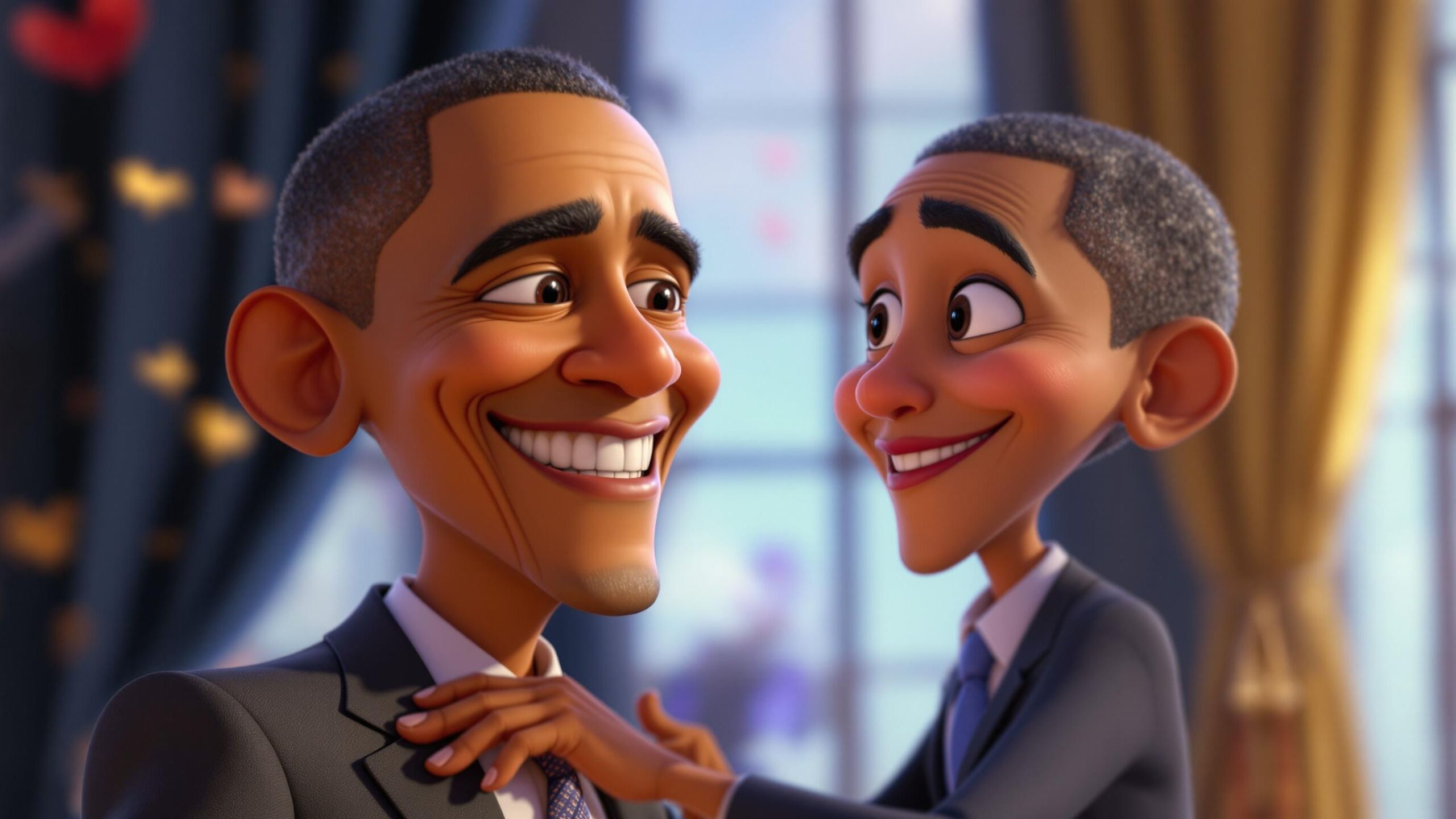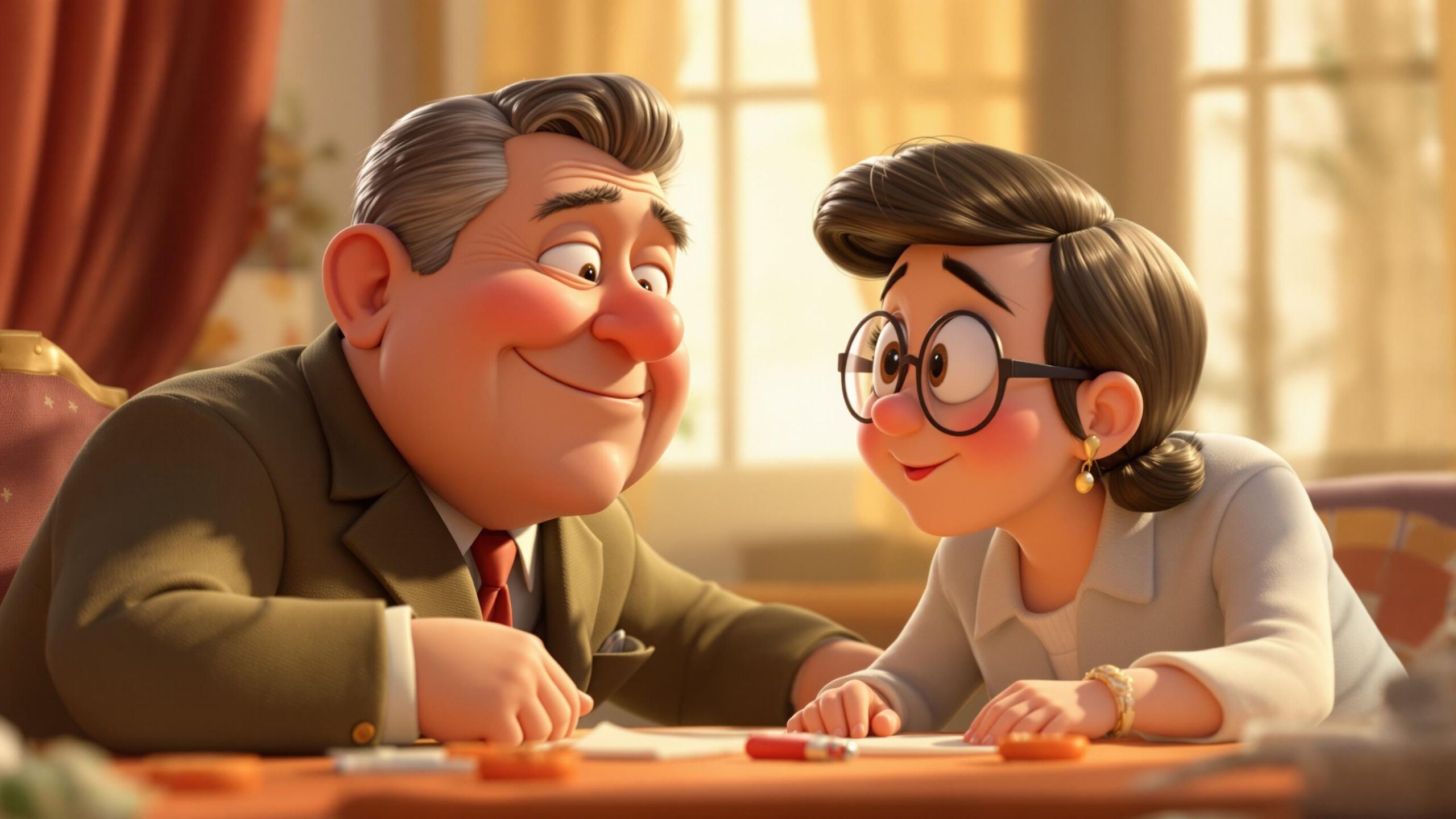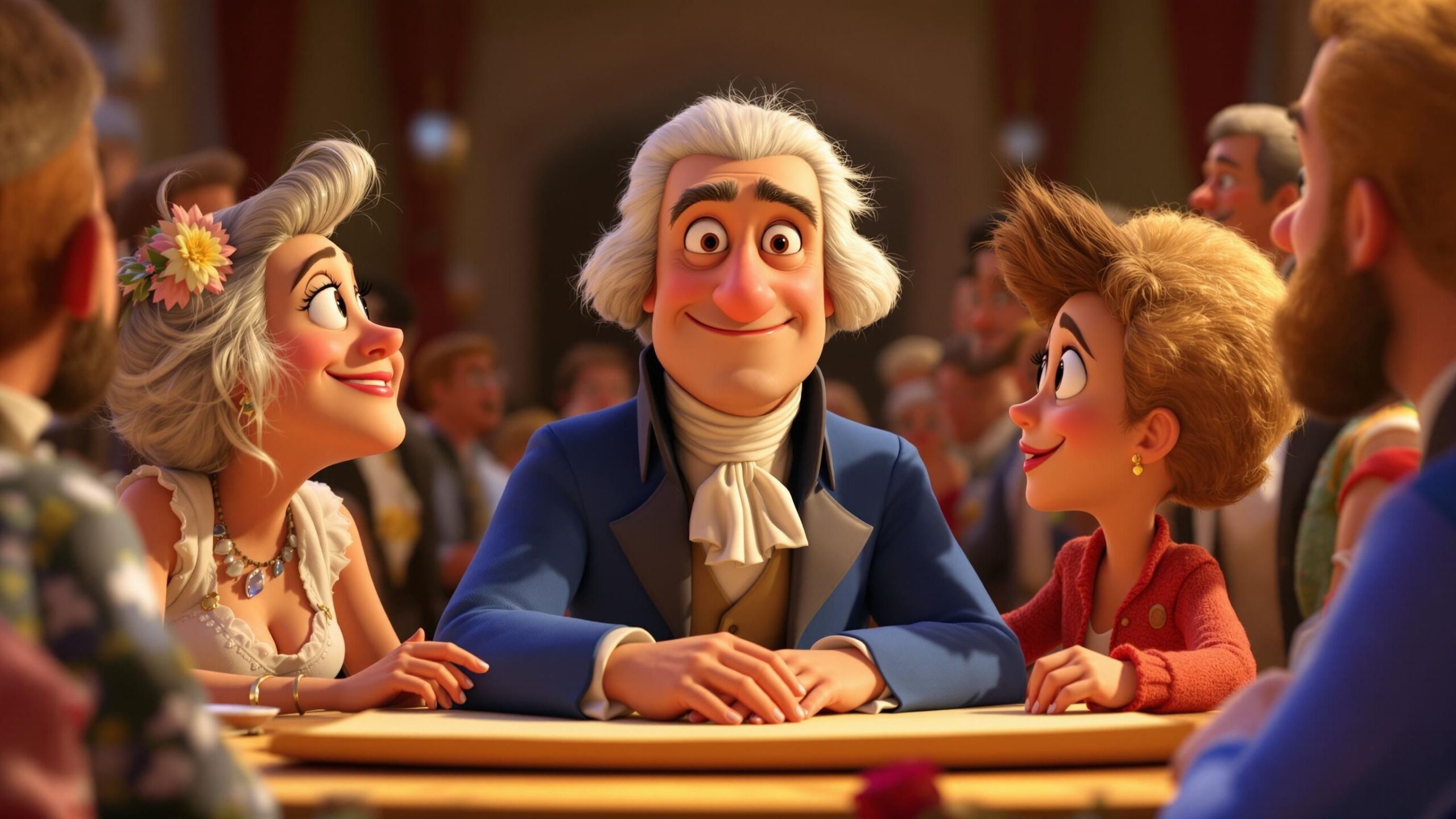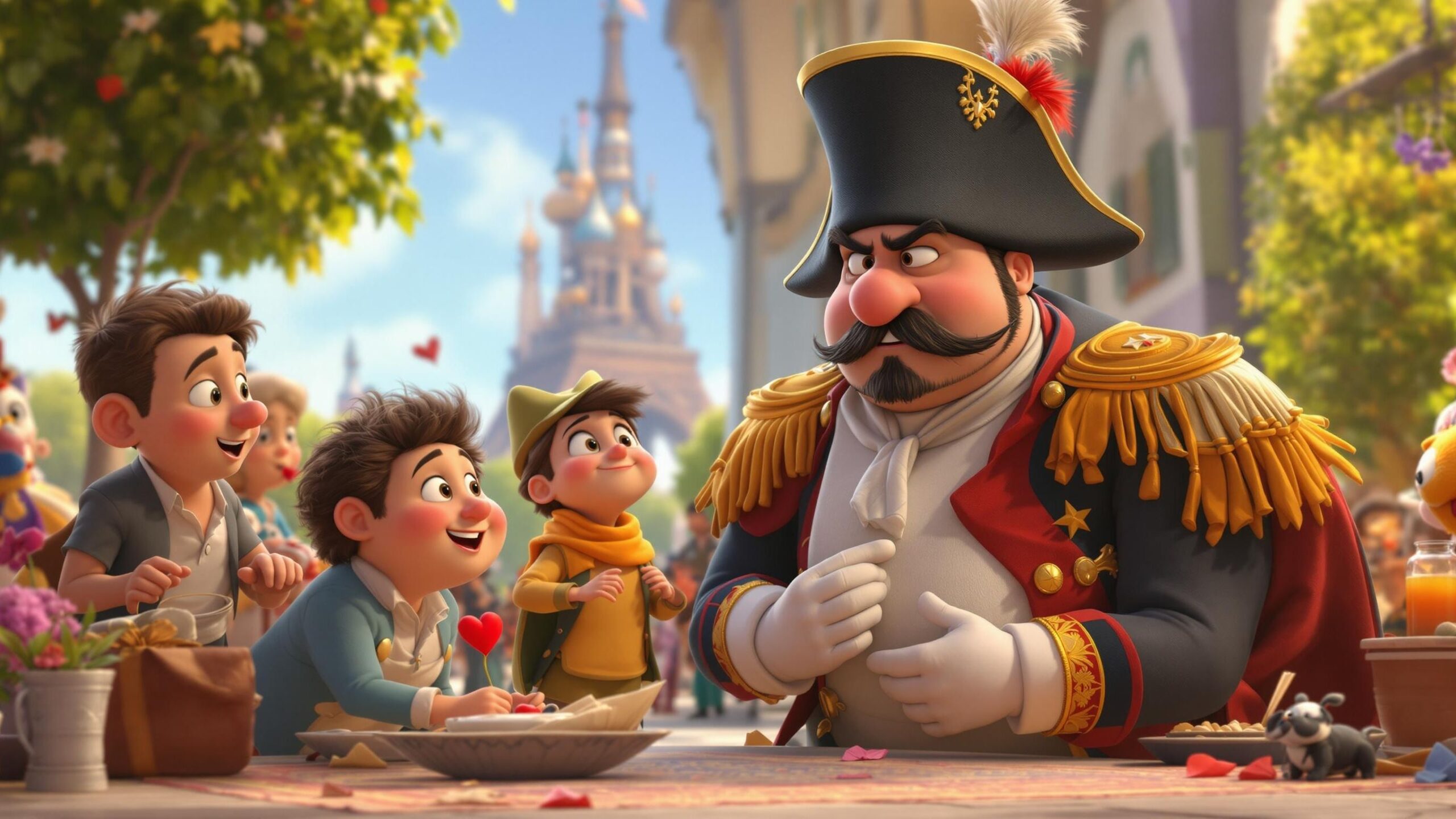The Rise of Hope: A New Chapter in American History
When Barack Obama stood beneath a frosty sky on January 20, 2009, hand on Lincoln’s Bible, becoming the 44th President of the United States, the world paused—not just to witness a peaceful transfer of power, but to absorb the gravity of history being made. A biracial man from Hawaii, with the middle name Hussein, had risen to the highest office in the land. For many, his election wasn’t just a political milestone—it was the dawn of a new era. It was, as Obama often said, “the audacity of hope” come to life. From that moment on, Obama became more than a president—he became a symbol of possibility. His journey, rhetoric, and leadership offered millions a mirror of inspiration. Over two terms in the White House, he created countless moments that weren’t just presidential—they were poetic. Inspiring. Human. Let’s dive into the most unforgettable, heart-lifting, soul-shaking moments from Barack Obama’s time as America’s Commander-in-Chief.
Yes We Can: The Campaign That Lit a Fire
Long before Obama set foot in the Oval Office, he ignited a movement with just three words: Yes we can. At first, it was a chant. Then, it became a mantra. Eventually, it turned into a cultural wave that swept across cities, small towns, campuses, and hearts. What made it powerful wasn’t policy—it was possibility. He didn’t just campaign for office—he campaigned for belief. He spoke not just to voters, but to dreamers. He made politics feel personal. He made community feel cool. With soaring speeches and a smile that radiated sincerity, Obama redefined what a candidate could be. And when he won? It didn’t feel like the end of a race—it felt like the start of something larger than life.
Inauguration Day 2009: The Moment the Earth Stood Still
There are days when you remember exactly where you were—and Obama’s first inauguration was one of them. Over 1.8 million people filled the National Mall, eyes glistening, voices hushed, hearts pounding. He spoke of rebuilding, resilience, and responsibility. But more than his words, it was the sheer weight of symbolism that electrified the world. An African American family moving into a house built by slaves. A man whose story would’ve once been impossible, now unfolding on the global stage. That wasn’t just inspiring—it was transformational. You didn’t need to be American to feel it. You just needed a pulse.
The Night He Found Bin Laden: Calm in the Storm
On May 1, 2011, President Obama walked into the East Room with the poise of a statesman and the silence of a warrior. “Tonight, I can report to the American people and to the world that the United States has conducted an operation that killed Osama bin Laden.” Those words dropped like thunder. The world’s most wanted terrorist was gone. The mission had been secret, dangerous, and daring. And yet, Obama delivered the news without gloating, without theatrics. His calm presence was a lesson in leadership—victory without vanity. He reminded everyone that strength and humility could walk hand in hand.
Amazing Grace in Charleston: When the President Became the Pastor
In June 2015, after a horrific racially motivated shooting at Emanuel African Methodist Episcopal Church in Charleston, Obama stood before a grieving congregation and did what no one expected—he sang. After eulogizing Reverend Clementa Pinckney with grace and sorrow, he paused, looked outward, and softly began: “Amazing grace, how sweet the sound…” The moment was electric. The church erupted. America leaned in. That wasn’t a political moment. That was a human one. A president stepped out of the suit and into the soul of a country in mourning. His voice cracked. His eyes closed. He sang not just to console—but to connect. And it worked. That hymn became a healing force far beyond that room.
The Sandy Hook Address: Tears on the Podium
December 14, 2012. The nation watched in horror as news of the Sandy Hook Elementary School shooting broke. Twenty children, just six and seven years old, taken far too soon. That evening, Obama faced the press, but this time the words came slowly, the pauses heavy. He wiped tears from his eyes. This wasn’t Commander-in-Chief mode. This was father mode. Human mode. Raw, unfiltered sorrow. It was one of the few times a sitting president openly cried on camera. And it wasn’t weakness. It was strength. It was truth. In a sea of punditry and platitudes, Obama gave us pain—and in doing so, gave us permission to feel.
DACA and the Power of Protection
Obama’s decision to enact the Deferred Action for Childhood Arrivals (DACA) policy in 2012 was not just policy—it was protection. It was a shield for hundreds of thousands of young undocumented immigrants brought to the U.S. as children, often called “Dreamers.” He didn’t just talk about compassion—he made it law. The move inspired fierce debate, but for many, it was a lifeline. Obama showed that leadership could mean leaning into empathy, even when politically risky. He gave Dreamers the ability to study, work, and live openly. And in doing so, he turned fear into freedom.
The Rainbow Over the White House
On June 26, 2015, when the Supreme Court legalized same-sex marriage nationwide, celebrations erupted across the country. But one image stole the show: the White House, bathed in rainbow lights, glowing like a beacon of progress. Obama had evolved publicly on LGBTQ+ rights, and his support helped shift the cultural tide. That night, the capital didn’t just reflect light—it reflected love. The rainbow wasn’t just decorative—it was declarative. It said to every LGBTQ+ American: You are seen. You are loved. You belong. It was one of the most visually stunning and emotionally powerful moments of his presidency.
The Medal of Freedom Farewell
As his presidency drew to a close, Obama hosted a series of Medal of Freedom ceremonies. The recipients were diverse—scientists, artists, activists, athletes—but the highlight was the day he gave the medal to his vice president, Joe Biden. Surprising Biden with the Presidential Medal of Freedom “with distinction,” Obama choked up as he spoke of their brotherhood. Biden teared up. America did, too. It was a rare, unscripted moment of genuine affection between two public servants. Not policy. Not politics. Just gratitude. It was proof that behind all the meetings, decisions, and historic moments were real people, real friendships, real hearts.
Mic Drop: The White House Correspondents’ Dinner Finale
No president has ever roasted like Obama. At his final White House Correspondents’ Dinner in 2016, Obama delivered punchlines with a precision that made stand-up comics jealous. But he ended the night with something unforgettable. He said, “Obama out”—then dropped the mic. It was cheeky. It was iconic. And it went viral in seconds. Sure, it was a playful moment. But it also symbolized something deeper. Obama had brought a new kind of cool to the presidency—one where intellect, humor, and charisma lived side by side. He didn’t just lead—he connected. And that connection made people feel seen, inspired, and included.
When the Girls Came First
Throughout his presidency, Obama often said his proudest role wasn’t President—it was Dad. He beamed at his daughters, Sasha and Malia, and shared glimpses of their family life that made the White House feel human. He spoke about Michelle, not just as a partner, but as his rock, his better half, the love of his life. He cried when his daughters went to prom. He gave parenting advice to dads across the country. He celebrated fatherhood not as an obligation, but a joy. And in doing so, he inspired men everywhere to lead not just professionally—but personally, with love, gentleness, and integrity.
Legacy of Inspiration: The Leader Who Lit the Path
Barack Obama’s presidency was not without challenges, criticisms, or complexities. But his most enduring legacy is not tied to any single law or policy—it’s the tone he set, the dreams he stirred, the voices he uplifted. He inspired a new generation to believe they could lead—not despite who they are, but because of who they are. He made people feel like they mattered. He made kids believe they could be scientists, senators, or presidents. He made voters believe that dignity and decency still had a place in politics. His words moved people. His presence grounded them. And his vision elevated them.
Still Rising, Still Dreaming
Barack Obama’s time in office came to an end, but his impact didn’t. He left the White House, not as a man fading into history, but as a force still shaping it. He started the Obama Foundation. He continues to mentor leaders. He speaks, writes, and uplifts. And most importantly—he listens. From electrifying campaign rallies to quiet moments of compassion, from historic achievements to hilarious one-liners, Obama’s presidency was a kaleidoscope of inspiration. He wasn’t perfect. But he was powerful in the way that matters most: he made people believe again. In a world where cynicism often wins the headlines, Obama’s greatest achievement may simply be this—he reminded us what hope can look like. What leadership can sound like. What grace, under pressure, can feel like. And maybe, just maybe, he made us believe that if we keep dreaming, working, and walking forward—yes, we still can.




